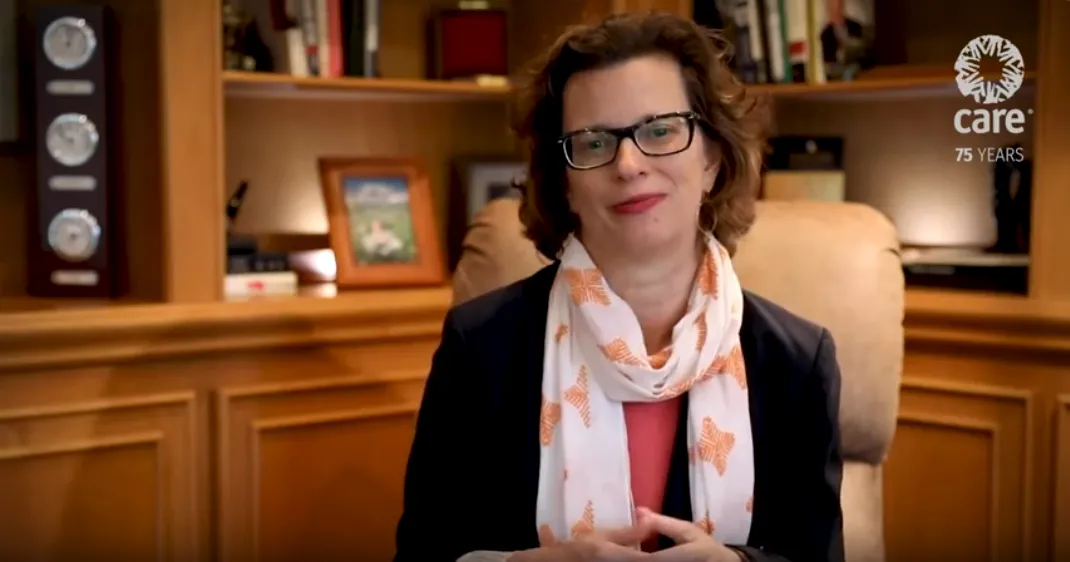In many parts of the world, diseases as deadly as COVID-19 have struck before. For 75 years, we at CARE have helped in the hot spots: working where famine, conflict, and disaster strike to bring life-saving aid and to help communities build back stronger and more resilient. We were on the front lines for the Ebola crisis in West Africa, and have fought outbreaks of cholera and Zika in some of the world’s most vulnerable and hard to reach communities. We’ve learned lessons we can apply – together – to keep a COVID-19 tidal wave from killing millions of people in the global south, but we must act now.
Places like India and Nigeria, where the virus is now spreading, are densely populated and have millions of people living in tight quarters in slums without access to running water, reliable electricity, or sanitation. Imagine if every time you wanted to wash your hands, you had to walk two miles to access clean water. In Syria and other places with millions of displaced refugees, conditions are often worse. The Cox’s Bazar refugee camp in Bangladesh is home to 855,000 displaced people, and the only COVID-19 testing facility in the country is 10 hours away. How do we slow the disease’s spread in these parts of the world? It’s harder, but it is possible. Here are five things we can do:
1. Bring on the Basics: Soap, potable water, and other household products for personal hygiene.
While many of us are washing our hands 10 or more times a day to help prevent contracting or spreading the virus, many families we work with are unable to give their children a bath in clean water even once a week. CARE and other relief organizations are rising to the challenge in places like Mozambique, Bangladesh, Somalia, and Syria. We’re providing soap, installing handwashing stations, and building water storage tanks.

